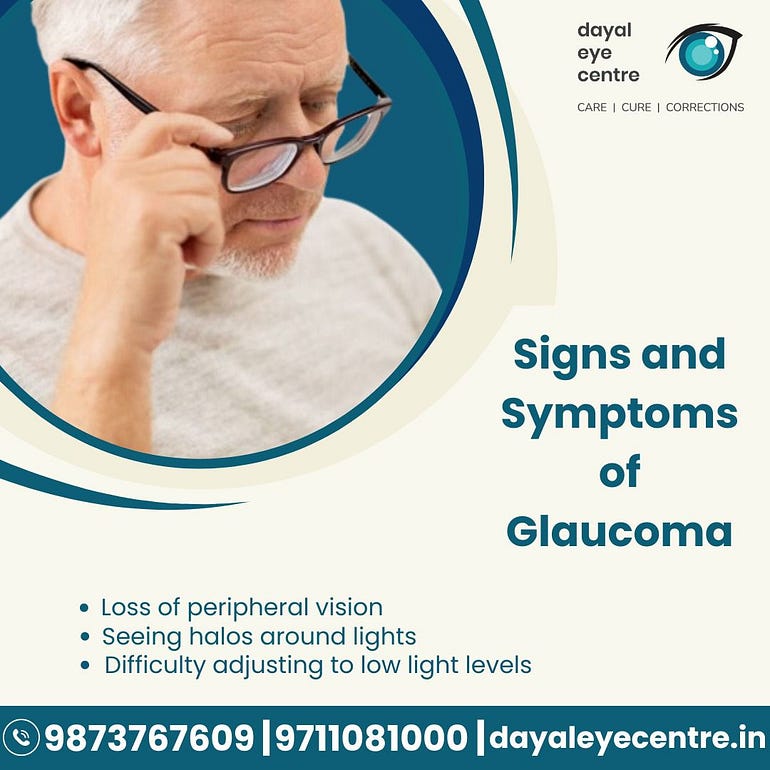Retina Specialist in Gurgaon
What is the Retina?
Best retina Hospital In Gurgaon, the deepest layer of the eye, is made up of several layers of tissue and light-sensitive photoreceptor cells. These cells are responsible for converting light into electrical signals that are sent to the brain, allowing us to see. The retina plays a crucial role in vision, and any damage to this tissue can lead to vision loss. Additionally, the retina contains cells that are sensitive to light and colour, allowing us to perceive these aspects of our environment. It contains blood vessels that provide the eye with the nutrients it needs to function properly.

What are the Common Retinal Diseases?
There are several common retinal disorders and diseases as follows,
Age-related Macular Degeneration
Age-related macular degeneration (AMD) is a common condition that affects the retina. AMD is a progressive condition that typically affects older adults, and it is the leading cause of vision loss among people over the age of 50. In people with AMD, the central part of the retina, called the macula, deteriorates, leading to problems with central vision. This can make it difficult to read, drive, or see fine details. There are two main types of AMD: dry AMD and wet AMD. Dry AMD is more common and progresses more slowly, while wet AMD is less common but can lead to more rapid vision loss
Retinitis Pigmentosa
Retinitis pigmentosa (RP) is a genetic disorder that affects the photoreceptor cells in the retina, the tissue at the back of the eye that is responsible for converting light into electrical signals. RP typically affects people in their teenage years or early adulthood, and it leads to progressive vision loss. In people with RP, the photoreceptor cells die off, leading to a gradual loss of vision that starts with night blindness and progresses to the loss of peripheral vision. Eventually, people with RP may lose their central vision as well, leaving them with only limited vision or even complete blindness.
Diabetic Retinopathy
Diabetic retinopathy is a complication of diabetes that affects the blood vessels in the retina. In people with diabetes, high levels of sugar in the blood can damage the blood vessels in the retina, leading to a range of vision problems. Diabetic retinopathy can cause vision loss and even blindness if left untreated. The condition typically affects people who have had diabetes for a long time, and it is the most common cause of vision loss among people with diabetes. Treatment for diabetic retinopathy can slow the progression of the disease and improve vision.
What are the Treatments for Retinal Disorders?
The specific treatment for a retinal disorder will depend on the specific condition and how advanced it is. In general, treatments for retinal disorders can include medications, surgery, or other medical procedures. They are as follows,
Medications — Anti-VEGF
Anti-VEGF drugs are medications that are used to treat a range of conditions that affect the blood vessels, including age-related macular degeneration and diabetic retinopathy. VEGF stands for vascular endothelial growth factor, and it is a protein that plays a key role in the growth of new blood vessels. In people with age-related macular degeneration and diabetic retinopathy, the abnormal growth of blood vessels can cause vision loss. Anti-VEGF drugs work by blocking the action of VEGF, which slows the growth of new blood vessels and can prevent further vision loss. These drugs are usually given as injections into the eye, and they can be effective at slowing the progression of these conditions and improving vision.
Vitrectomy
A vitrectomy is a surgical procedure that is used to treat a range of conditions that affect the retina. The procedure involves removing some or all of the vitreous, the gel-like substance that fills the middle of the eye. This can be necessary to repair damage to the retina or to remove scar tissue that is pulling on the retina. A vitrectomy is typically performed using local anaesthesia. The procedure can help to improve vision and prevent further vision loss in people with certain retinal conditions.
Laser Surgery
Best Laser surgery in Gurgaon is a treatment option for some retinal disorders. In these conditions, laser therapy can be used to seal leaking blood vessels or destroy abnormal blood vessels. This can help to prevent further vision loss and improve vision in some cases. Laser surgery for retinal disorders is done using local anaesthesia to numb the eye. The laser is directed at the affected area of the retina, and it delivers a precise beam of light that can target and treat the problem without damaging surrounding tissue. Laser surgery can be an effective treatment for some retinal disorders, but it is not suitable for all conditions.
Cryotherapy
The most prioritized treatment option for a retinal tear is cryotherapy, which involves freezing the tear to create a scar that will seal the tear and prevent a detachment from occurring. Cryotherapy is typically performed using local anaesthesia to numb the eye. A small instrument is used to deliver extreme cold to the tear, and this freezes the tissue and creates a scar. Cryotherapy can be an effective treatment for a retinal tear.
Pneumatic Retinopexy
Pneumatic retinopexy is a surgical procedure that is used to repair a retinal detachment, a condition in which the retina becomes separated from the back of the eye. In this procedure, a small gas bubble is injected into the eye, and this bubble presses against the retina and helps to reattach it to the back of the eye. The procedure is typically followed by a period of recovery during which the patient must position their head in a certain way to keep the gas bubble in place. Pneumatic retinopexy can be an effective treatment for retinal detachment.
Retina Treatment Hospital in Gurgaon
Dayal Eye Best Facility Hospital
Comments
Post a Comment